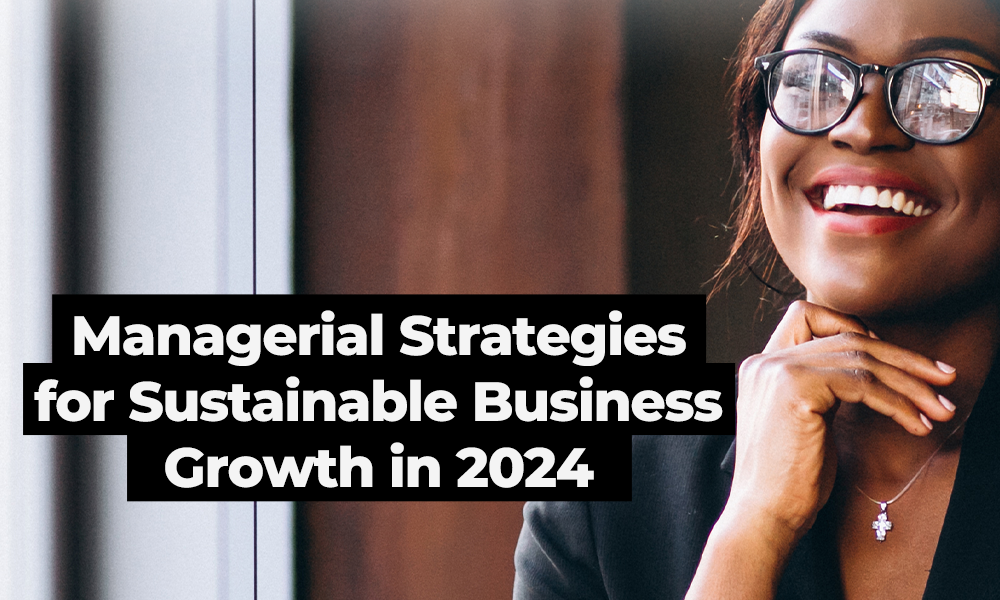Few weeks ago, Ronaldo sat down for his first pre-match press conference of the tournament before Portugal’s clash with Hungary, and noticed that two bottles of Coca-Cola were sitting directly in front of him.
The 36-year-old promptly removed the soft drinks from the view of the cameras and replaced them with a water bottle, rolling his eyes while muttering with an undertone of disgust “Coca-Cola”.
Ronaldo held up his water bottle before setting it down and said ‘Agua’ – the Portuguese term for water – in an apparent attempt to urge people to drink water instead of Coca-Cola.
This sole action of Ronaldo made Coca-cola lose $4 billion dollar in their market value.
What, then, marks the difference?
The power of influence.
The emergence of social media platforms has changed the way brands market themselves and influencers play a major role in this. Given that 3.6 billion people use social media and around 80% of Nigerians follow influencers, brands are increasingly leveraging influencer marketing strategy to reach more people and build trust.
While traditional forms of marketing cater to the masses, influencers try to sway the opinions of particular groups of customers, by offering product information based on their personal use to gain the trust of their followers and to direct their buying choices.
At its most basic, influencer marketing is the classic celebrity endorsement, but placed into a contemporary, content-driven marketing campaign.
We do not need to define the word “marketing”, but the concept of an “influencer” can, at first, appear more vague. In short, influencers are people with refined personal brands who have trusted, enthusiastic audiences. They can be traditional celebrities or relatively ordinary people who have managed to amass large amounts of faithful followers on social media.
Influencer marketing is thus the process of identifying, researching, and engaging the influencers who create high-impact conversations about your brand with your customers and potential customers.
We know the purpose of marketing, and we know that the ROI of any marketing initiative is measured by an action on the part of the target audience—whether that is a business lead, a sale, event attendance, or an email registration. While an influencer marketing strategy doesn’t deviate from that end goal, the stark difference is where it begins.
The growing impact of influencers has caught the attention of many brand owners as influencer marketing appears to be an effective and cost-efficient marketing tool, as it is often not perceived by consumers as advertising and guarantees a wide reach to very engaged audiences. Many businesses harness social media influencers to promote their brands to target audiences.
The present digital marketing implements influencer marketing for all business campaigning. The business avails digital marketing concepts to intensify the brand reach among social media to increase brand awareness and followers. Influencer marketing has been suggested by digital marketing to endorse business reach and the follower’s amplification. Influencer marketing is the prodigy method to tune the audience to prefer the brand under authentic campaigning.
The current market is heavily saturated and solely introducing your product no longer does the trick. Customers have become smarter as they now have access to unlimited information and want authenticity from a brand. Compared to big brands, influencers tend to be more relatable and this form of word-of-mouth marketing also feels less risky to customers. Access to authentic and full information helps people narrow down their choices and interacting with influencers is an added bonus. Social media influencer marketing has a concentrated reach where customer needs are met better than any other form of marketing.
The reason behind Influencer marketing’s scope on social media is that business marketers are struggling to find their brand target audience through advertising campaigns and other methods. Business feels it is a strenuous operation to get the proposed goal. Influencer marketing compensates for these risks as the companies are facing to increase their brand growth. Many businesses use this marketing strategy to get their brand customers faster and make the brand attain more fame among the competitors.
While the business that enters social media marketing in their preferred media like Facebook, Instagram, etc., might unaware of the media marketing model entirely and expect the external resources to work for them. So the new brand marketers are claiming the mini Influencers to see a significant increment in the brand followers.
Many businesses are emerging social media platforms every day, and all industries have their competitors on social media. The companies are supposed to heave the brand value to the high grade with the instantaneous marketing process to shine among them. Beyond advertising and viral marketing such as event and live marketing, Influencer marketing has stretched in all marketing media to elevate brand awareness and followers.
Influencer marketing tactics involve implementing the right content marketing and encouraging the audience to focus on the brand. The influencers create the brand promotion reel video by analyzing the brand industry competitor’s video and the responses received for it- by optimizing the video from the insight. It helps the Influencer to design the video with high-quality content to get more likes and comments. When the brand video is peculiar in its presentation and contains useful content, the target audience will like and save the video for a better purpose once the audience interested in keeping the brand video can be stimulated to make a trail on the product by buying it.
The influencers can convince the brand followers to demonstrate the brand product video and make them crave it using the powerful contented video. Instagram reels has many inbuilt features, such as adding the air effects, audio, and timer to help the user create a video correctly. The influencers use it effectively and develop a brand promotion video unique and accelerate the brand followers newly.
Among the several Influencer marketing types, the brands can choose the right one who fits their brand activities and pair them to increase brand awareness and gain the maximum customers.
The business must collaborate with the chosen Influencer marketing activities, monitor their campaigns, and provide suggestions or recommendations to add the necessary content that exhibits the brand feature quality.
The Influencer’s previous work can get reviewed to join with them and ensure their followers’ attributes match the target audience’s demographic details.
In summary, brands like influencer marketing because it’s effective. However, like any kind of marketing, it’s only effective when done right. There no quick wins, no promises, and no guarantees.
If you want to achieve success with an influencer campaign, take the time to do it right. Find the influencers with real followings, the people with genuine audiences who care about what they say. Partner with relevant influencers.
Remember that influencers want you to partner with them, but only if it’s beneficial to everyone involved: the brand, the influencer, and your audience.





